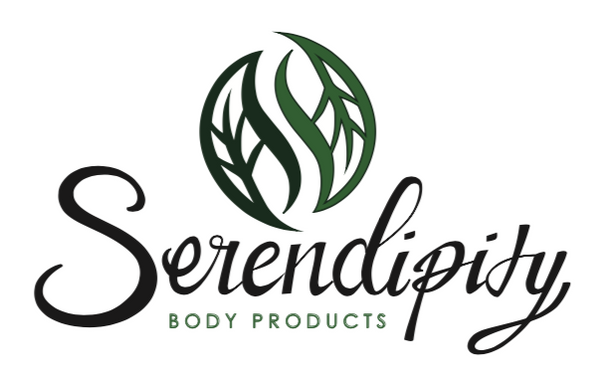
An enlarged prostate, otherwise known as Benign Prostatic Hyperplasia (BPH), is when the prostate keeps growing and compresses the urethra, making urination difficult and making you more prone to urinary tract infections (UTIs). Believed to be caused by changes in hormones, BPH happens to most men as they get older. Growth can start at 40 years old but it’s more common to have symptoms starting in your 60s. Fortunately, most men have minor symptoms.
Symptoms may include dribbling at the end of urination, inability to urinate, incomplete emptying of the bladder, incontinence, straining to urinate, strong and sudden urge to urinate, weak urine stream and increased frequency of urination at night. Treatment options include monitoring your condition, lifestyle changes, medicines, and surgery.
Lifestyle changes include:
- urinate when you first get the urge
- avoid caffeine and alcohol (especially beer and wine) in the evening
- do not drink a lot of fluid all at once
- avoid over the counter cold and sinus medicines that contain decongestants or antihistamines as these can increase symptoms
- keep warm and exercise regularly
- reduce stress
- reduce weight if obese
- reduce fat intake, especially saturated fats, cut back on red meat, eat organic fruit and vegetables to reduce pesticide residues, increase soy consumption
- take zinc supplements
- Saw palmetto extract may help in early stages of BPH and is the first thing prescribed by doctors in parts of Europe
As for essential oils, again, there aren’t many studies. I found one from 2019 on rats where lime essential oil (LEO) was effective. LEO was chosen as it has antioxidant and anti-inflammatory properties. It prevented or delayed prostate growth and with a high dose, lowered prostate specific antigen (PSA) levels.
Other suggested oils for prostate health include: Scotch pine, frankincense, myrrh, orange, sage, peppermint, geranium, fennel, myrtle, lavender, benzoin, bergamot, black pepper, cedarwood, chamomile, cypress, elemi, eucalyptus, jasmine, juniper, lemon, niaouli, patchouli, rose, sandalwood, spruce, tea tree, and thyme.
I also came across The Prostate Protocol, written by Scott Davis, which claims to treat BPH naturally. From what I gather, it discusses how gut bacteria affects male hormones and provides advice on probiotics to get your gut bacteria back to healthy (most of us have poor microbiomes due to stress, not enough sleep, eating processed foods, and taking antibiotics). It sells for $49 but beware of sites offering a free download. I’m not promoting the book and I haven’t researched it thoroughly but it’s an option you may want to look into.
If you have symptoms, be sure to see your doctor to rule out other conditions and diseases and seek appropriate medical care. These natural treatment options should also be discussed with your physician.
